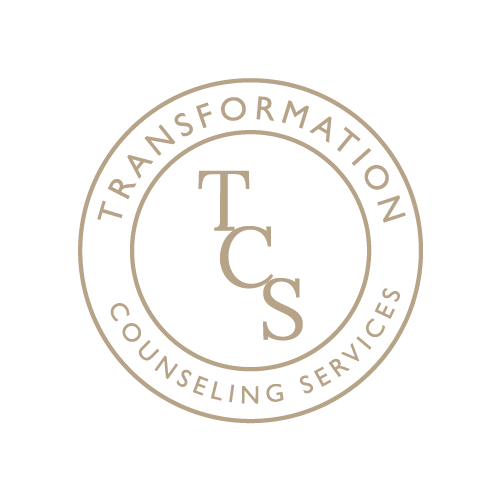Social media has revolutionized the way we communicate, connect, and consume information. While it has many benefits, such as staying connected with loved ones and accessing a wealth of knowledge, there are also health consequences associated with social media use. In this article, I explore some of the health consequences of social media and offer tips on how to mitigate their negative effects.
Mental Health
Social media use has been linked to a range of mental health issues, including anxiety, depression, and loneliness. Social media platforms can contribute to feelings of inadequacy and low self-esteem, as individuals compare their lives to others’ curated online personas. The constant barrage of negative news and online trolling can also take a toll on mental health.
To mitigate these effects, it’s important to limit your social media use, practice self-care, and engage in positive social interactions offline. Consider taking breaks from social media or unfollowing accounts that make you feel bad about yourself.
Sleep Disturbances
Using social media before bed can interfere with sleep, as the blue light emitted from screens can disrupt circadian rhythms and suppress the production of melatonin, a hormone that regulates sleep. Additionally, the constant stimulation from social media notifications and messages can make it harder to disconnect and wind down at night.
To improve your sleep, establish a bedtime routine that doesn’t involve screens and turn off notifications before going to bed. Try reading a book, taking a bath, or meditating to help you relax and prepare for sleep.
Physical Health
Social media use has also been linked to physical health problems such as neck and back pain, vision problems, and obesity. Spending long hours hunched over screens can cause strain on the neck and back, while staring at screens for extended periods can lead to eye strain and vision problems. Additionally, excessive social media use has been linked to sedentary behavior and a lack of physical activity, which can contribute to obesity and other health issues.
To mitigate these effects, it’s important to take frequent breaks from screens, practice good posture, and engage in regular physical activity.
Addiction
Social media use can be addictive, with individuals experiencing a compulsion to constantly check their feeds and notifications. This addiction can interfere with daily life, relationships, and work, and can lead to feelings of anxiety and irritability when access to social media is limited.
To combat addiction, set boundaries around social media use and stick to them. Consider setting specific times of the day to check social media and limit your total daily use. Seek support from friends, family, or a mental health professional if you feel like you’re struggling to control your social media use.
In conclusion, social media has become an integral part of our lives, but it’s important to recognize and mitigate its negative health consequences. By limiting our social media use, practicing good self-care, engaging in positive social interactions offline, establishing bedtime routines, practicing good posture, engaging in physical activity, and seeking support when needed, we can protect our mental and physical well-being while enjoying the benefits of social media.

